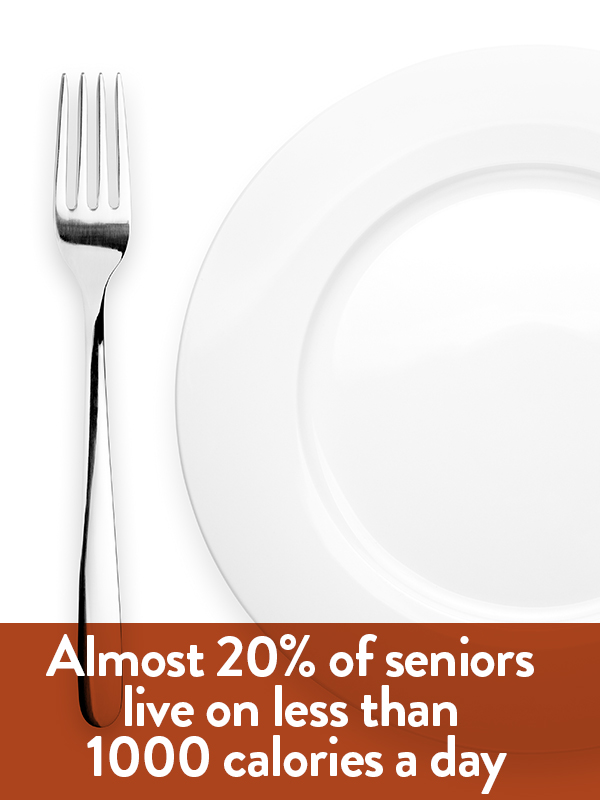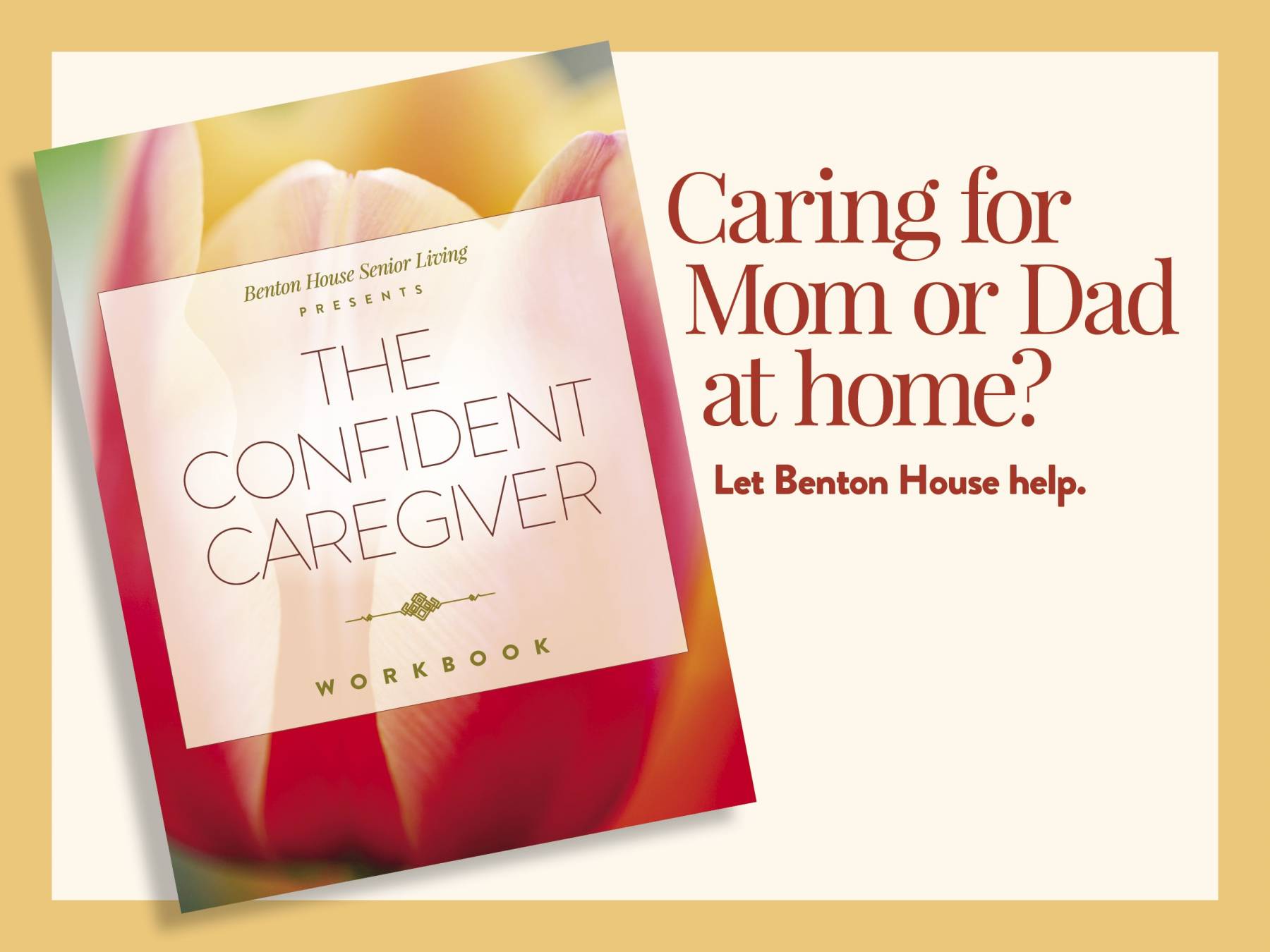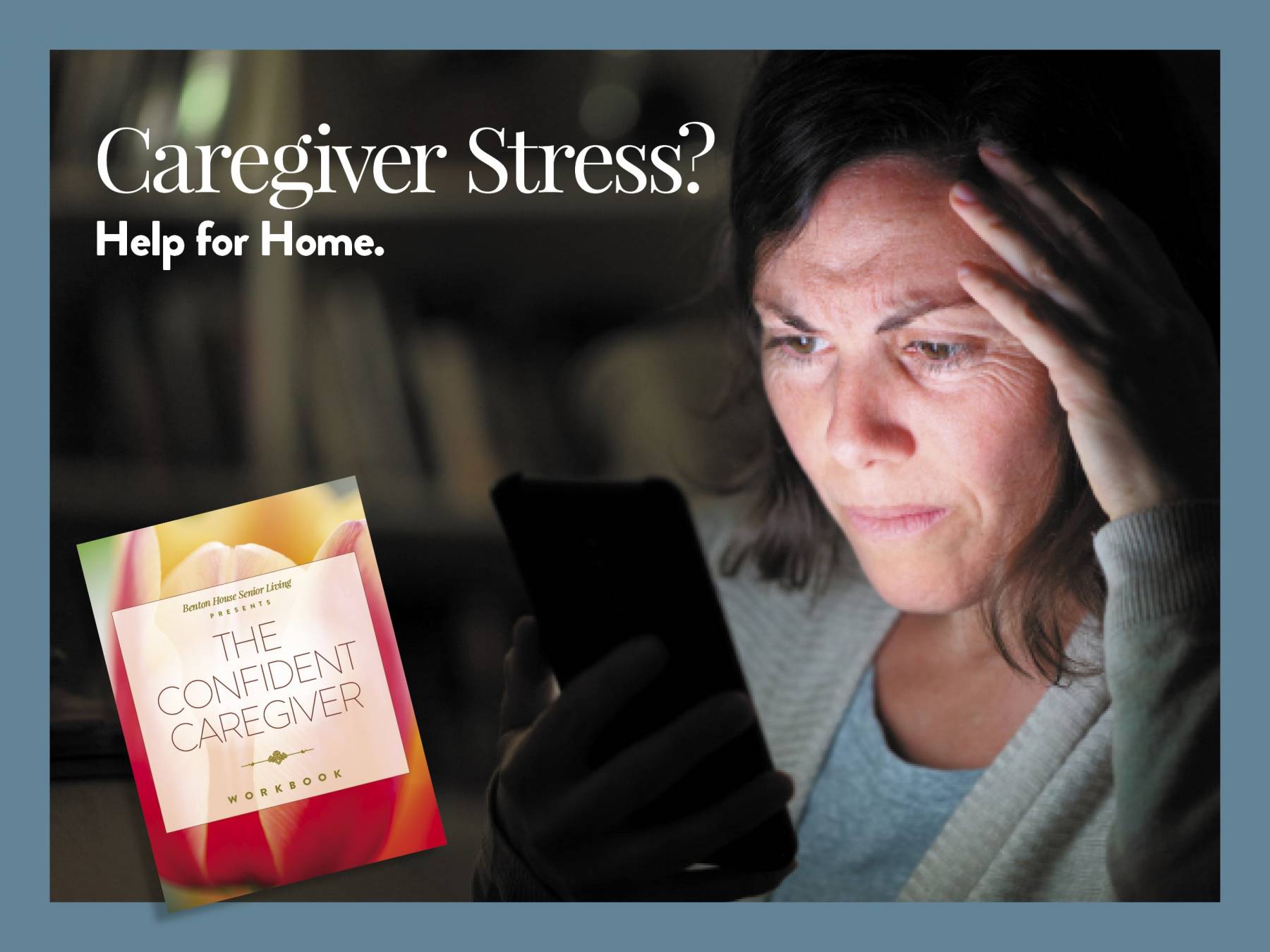What You Can Do to Help
Regardless of living arrangements, seniors and caregivers can feel more confident and reduce risk by focusing on a few areas key to successful aging.
Challenge Number 1 – Medications
Over Half of Seniors Are Not Compliant with Medications!
Medications errors and adverse drug reactions account for 15-18% of all senior hospitalizations. Therefore, focus in just this one area can reduce risk considerably.
Seniors are at particular risk for medication errors.
- Nearly one-third of seniors have potential medication problems or are taking a drug considered inappropriate for older people.
- Seniors average five or more prescriptions drugs
- 55% of seniors, over half, are not compliant with medications
Seniors at home are particularly vulnerable to medication errors.
- Seniors often take multiple medications, for multiple conditions, prescribed by multiple physicians.
- The unstructured and unique communication challenges of home contribute to medication errors.
How can caregivers assist?
- Have a master list of all medications including over the counter and prescription
- List and understand why each medication is needed
- List and understand how each medication should be taken
- List and understand available of possible side effects/reactions/interactions
- Have schedules and systems in place for taking medications
- Have a plan to monitor medications and a plan for emergency response
Need help evaluating or implementing a caregiver medication plan? Let Benton House help.
One of the tools in our Confident Caregiver Workbook includes a short review and checklist for reducing risks with medications. We also offer a variety of free forms including master medication templates, emergency response forms, and other medication specific recommendations.
Of course, we are happy to help in this one area of concern, or review all 5 key risk areas in the Confident Caregiver Workbook with you. Just let us know how we can be of service.
Challenge Number 2 – Nutrition/Fitness
Poor Nutrition Occurs in up to 50% of Seniors

- 75% of seniors are chronically dehydrated
- Poor nutrition occurs in up to 50% of seniors
- 16% consume fewer than 1,000 calories per day
- 30% skip at least one meal per day
- Seniors are also at particular risk for dehydration
Fitness
More than 75% of older adults do not exercise at a level sufficient to maintain fitness, and without proper fitness, muscle strength and flexibility can decline as much as 30-45%.
Physical activity doesn’t just help the body. In adults 60+ with memory problems, a 12-month aerobic exercise program resulted in a 47% improvement in memory scores.
How can caregivers assist?
- Schedule physical activity into the weekly calendar. Even small amounts each day can make a big difference.
- Plan menus and prepare foods in advance with balanced options
- Supply and encourage easy and healthy snacks
- Always have a glass of water available and encourage with all meals and snacks
- Schedule and make eating a social experience whenever possible.
Need help evaluating or implementing a nutrition/fitness plan?
One of the tools in our Confident Caregiver Workbook includes a short review and checklist for fitness and nutrition. We can also make suggestions on fitness opportunities and menu planning.
Of course, we are happy to help in this one area of concern or review all 5 key risk areas in the Confident Caregiver Workbook with you. Just let us know how we can be of service.

Challenge Number 3 – Home Safety
1 in 3 Seniors Fall Every Year
You can greatly reduce risk in the home by being diligent in reviewing and eliminating potential hazards. Benton House offers several different home safety checklists but here are three key areas you can focus on immediately.
- Lighting- automatic lights, night lights, checking bulbs and illuminating key walkways indoors and out can reduce fall risk
- Walkways and Paths- remove throw rugs, clear clutter, and provide things like brightly colored tape on stairs and transitions. Clean spills immediately and watch pets and children stay clear while seniors are walking
- Bathrooms- install grab bars, handrails, bath benches and other safety and support items
A regular assessment of the living environment may be the single biggest step a caregiver can take to reduce risk and notice changes.
A Special Note on Cleanliness
Be especially diligent in monitoring changes in cleanliness and upkeep. Changes in the home environment or personal hygiene are often the first signs a loved one might need more support.
- Has personal hygiene slipped?
- Is clothing free of stains and odors?
- Is the home less clean than in the past or is yard unkept?
- Are there expired foods in the fridge or cabinets?
- Are you finding medications or other items on the floor?
Need help evaluating or updating your home safety plan?
One of the tools in our Confident Caregiver Workbook includes a review of the living environment and checklists for home and personal needs.
Of course, we are happy to help in this one area of concern or review all 5 key risk areas in the Confident Caregiver Workbook with you. Just let us know how we can be of service.
Challenge Number 4 – Social Isolation
Over 60% of seniors report loneliness

More than 10 million seniors live alone. And the older a person gets the more isolated they can become. Several factors contribute to this challenge-the passing of friends, family and spouse, retirement from work, illness or decreased mobility, and the loss of the ability to drive.
However, social connection in seniors remains as important to overall health as any other age group. In fact, in a recent study, lack of social connection had negative health impacts equivalent to smoking!
Important note: Maintain friendships! Studies show peer connections are often even more important than family interactions in fighting loneliness among seniors. Look for ways to add peer connections in addition to your family connections.
How can caregivers assist?
- Volunteer Work-senior volunteers have significantly lower rates of depression than non-volunteer peers
- Social and Support Groups-Hobby clubs, church groups and senior centers are wonderful resources
- School and Classes-Many cities and universities offer free or discounted classes for seniors
- Adult Day Care and Senior Living Communities-Day programs are a fantastic option for both seniors to connect with peers and offer recovery time for caregivers
Need suggestions on increasing social connections for the senior in your care? Let Benton House help.
One of the tools in our Confident Caregiver Workbook includes a short review and checklist for social isolation. We can also make suggestions on combating loneliness and finding fun again.
Of course, we are happy to help in this one area of concern or review all 5 key risk areas in the Confident Caregiver Workbook with you. Just let us know how we can be of service.
Challenge Number 5 – Planning
Only 38% of seniors and 54% of caregivers have planned for future changes
Proper planning is essential to successful aging.
Without a plan you are forced to make decisions on the fly. Decisions as important as the care of a senior loved one should be made based on facts and needs-not emotion and guilt.
Proper planning allows everyone but especially the senior, to be involved in choices.
One of the tools in our Confident Caregiver Workbook includes a review of key legal and financial considerations and checklists for facilitating discussions about planning for changes.
Of course, we are happy to help in this one area of concern or review all 5 key risk areas in the Confident Caregiver Workbook with you. Just let us know how we can be of service.
How Can You Assist as a Caregiver?
- Consider current and future needs and develop a plan for each
- Research care support options, including services, benefits and cost, before they are needed so you have a good idea what’s available. Waiting for a health crisis to occur is not an ideal time to begin exploring options.
- Understand financial and legal options-these conversations can be delicate but are a critical part of helping a loved one age successfully
- Talk with your loved ones and your family-get everyone’s feedback and determine what levels of support can be provided by all participants
- Be realistic when considering plans. Understand limitations of support and establish “red lines” of circumstances that will trigger re-evaluations and the need for additional support.
- Need help navigating the various legal, financial and emotional considerations of caregiving? Need clarity on the various support options? Let Benton House help.
Special Bonus Challenge – Senior Fraud and Abuse
Seniors were scammed of nearly $600 million in a single year

Senior fraud and abuse are always a challenge but incidents have exploded since the outset of the pandemic. The increased isolation and use of the internet and social media has also increased the opportunities for scammers.
- Americans reported 2.3 million incidences of fraud in 2020.
- Scammers target all age groups. In fact Americans reported 2.3 million incidences of fraud just in 2020 alone. But seniors are particularly vulnerable and take the worst financial hits.
- 33% of fraud reports were for seniors 65+.
- There were over 172,000 identity thefts for seniors 65+.
- Seniors were scammed of nearly $600 million.
- And that’s just what was reported
Seniors are quick to agree their age group is susceptible to scams but often don’t think they are personally vulnerable. Consider these statistics:
- 97% of all seniors acknowledge that older people are susceptible to becoming a victim of a scam.
- Yet 69% of all seniors age 60+ believe they are not likely to be susceptible to a financial scam.
- A recent Wells Fargo poll found 47% of all seniors age 60+ knew someone who had already fallen victim to a scam.
The older the senior, the less likely they are to report the loss, and the more they lose.
The 8 most common Elder Fraud Schemes
In 2020, the most common internet crimes against victims over 60 were:
Romance Scam
Tech Support Scam
Grandparent Scam
Government Impersonation Scam
Sweepstakes / Charity / Lottery Scam
Home Repair Scam
TV / Radio Scam
Family / Caregiver Scam
What can caregivers do to help:
- Appoint contact for accounts/investments
- Designate Power of Attorney (POA)
- Consider a service that tracks bank accounts/investments/credit cards
- Enroll in mobile banking notifications, include family member or POA
- Shred bank documents and other receipts prior to throwing away
- Consult with an attorney or financial advisor prior to any large purchases
- Register with Do Not Call Registry – 888-382-1222
- Keep senior up to date on common scams
More Tips to Avoid Scammers:
- Resist any caller’s urge to act quickly on offer-whether threatening or loss of opportunity
- Research company /proposed offers
- Never share financial information
- Never make a payment with a gift card
- Share solicitation offers with POA prior to purchase
- REPORT FINANCIAL FRAUD/ABUSE
- Contact law enforcement if victimized
- Contact financial institutions if suspected fraud/abuse
- Consider identity theft insurance
Most important, stay in touch with senior and have the courage to have these conversations. Your loved ones financial health is at stake!
If you’d like more information or support in the area of senior fraud and abuse, please click the button below. Of course, we are happy to help in this one area of concern or review all 5 key risk areas in the Confident Caregiver Workbook with you. Just let us know how we can be of service.
You’ve Planned for Mom, Now Take Care of You

As important as it is to plan and care for your senior loved one…
1 in 5 Caregivers report they are “almost always” stressed, double the rate for non-caregivers. It is equally important that you plan and care for yourself. At a minimum, how you can you provide great care if you aren’t well yourself?
Click the button below to learn more about taking care of yourself while you care for others.


